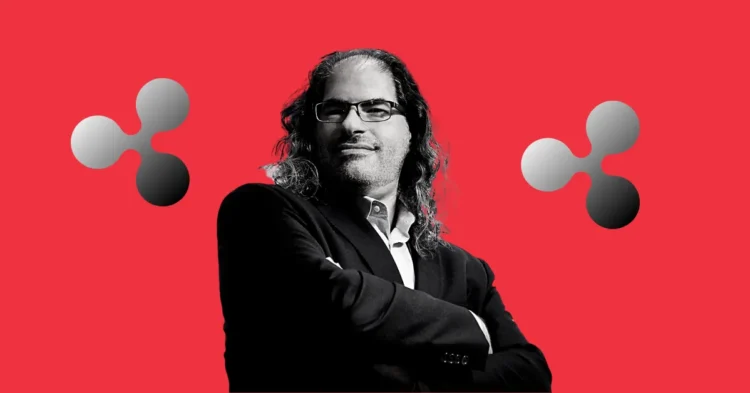In a recent discussion about the future of programmability on the XRP Ledger (XRPL), Scott Chamberlain, co-founder of Evernode, has introduced an innovative approach. His proposal involves leveraging Hooks and a new token named Codii, aimed at enhancing transaction functionality and smart contract execution on the XRPL while keeping costs manageable for users.
The Two Elements: Hooks and Codii
Chamberlain’s proposal centers around two primary elements. The first element, Hooks, is a flexible and low-cost system already proven to support decentralized applications, such as Evernode. This system automates crucial tasks like registration, reputation scoring, and governance for network hosts, providing a smooth solution for transaction execution.
Evernode utilizes four interconnected Hooks. The Heartbeat Hook manages all the EVR not in circulation and distributes it to hosts as rewards based on a predefined logic. The second Hook, the Network Registry, handles network registration. The third Hook oversees the Reputation system, while the final Hook, the Governance Hook, establishes the rules by which holders of registration NFTs can vote on changes to the Hook.
The second element is Codii, a native token minted from locked XRP and burned for Hook-related fees. Codii aims to alleviate the financial burden on users compared to burning XRP directly for smart contract triggers.
“To accommodate Hooks, the mainnet should consider a new native token with similar tokenomics. Let’s call them Codii,” Chamberlain wrote. “A new native function would allow users to lock up XRP to mint Codii. The rate would be set initially but adjustable via a vote of validators. This would create a truly native DeFi use-case for XRP – XRP would come alive and become an earning asset – and ensure all users benefit from the addition of programmability to the network.”
Ripple CTO Skeptical
However, Ripple’s Chief Technology Officer, David Schwartz, expressed skepticism regarding the proposed complexity. Schwartz argued that simply burning XRP for all transaction fees, as is currently done, could streamline operations. He questioned the benefits of introducing Codii, noting that managing two tokens could lead to dilution losses for XRP holders.
Chamberlain Defends The Proposal
In defense of his proposal, Chamberlain argued that burning XRP for programmability would make smart contracts prohibitively expensive if the value of XRP appreciates. He emphasized that Codii offers a self-sustaining system where XRP holders could effectively cover Hook fees through inflationary balance adjustments.
“Our hooks would be too expensive if hosts burned XRP to trigger them, especially if XRP appreciates,” Chamberlain commented. However, Schwartz remained unconvinced, pointing out that any system imposing costs on users through token inflation risks complicating fee management without delivering significant benefits. He further outlined that burning XRP as the sole method for transaction funding keeps the system straightforward, ensuring its accessibility as the value of XRP changes.











